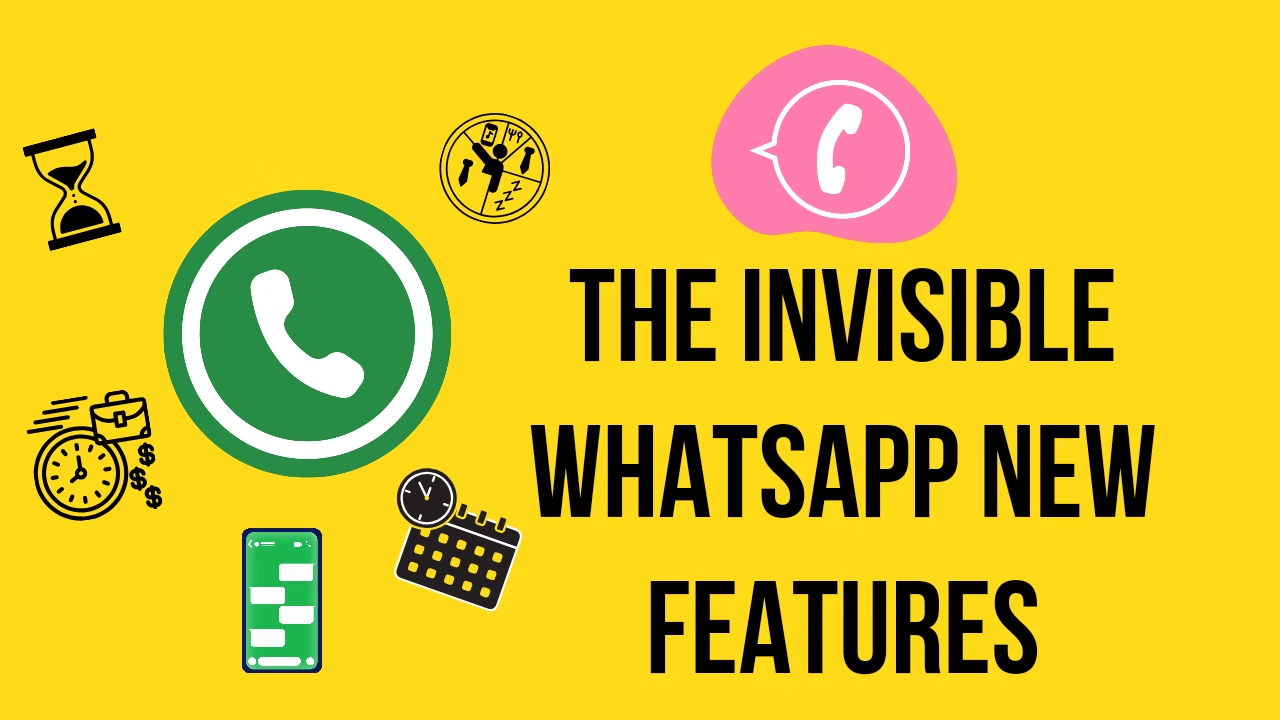The Invisible WhatsApp New Features
The Invisible WhatsApp New Features
I received the update on a normal Tuesday morning. A new feature was released by WhatsApp, the program I’ve been using for years to keep in touch with friends, family, and coworkers.
I had just finished my coffee when I received the notification. “We’ve added a reminder to help you keep up with unread messages!” communications beforehand, perhaps a reminder would be beneficial, particularly for talks pertaining to work.
However, I didn’t anticipate that it would alter how I utilized the software. Just when I was ready to ignore it, I saw something fresh appear on the screen.
Even though it was only a little emblem next to my chats, it was difficult to miss. You were now asked to check any unread messages you hadn’t checked in a long time by WhatsApp’s “Reminder” feature.
It felt nearly intrusive to someone like me who has a full email and a propensity to overlook stuff.
Every several hours, the following message would show up at the top of my chats: “You have unseen messages.” To catch up, tap here.
I was in the middle of a work meeting when it initially appeared. The reminder appeared once again when my phone vibrated on the desk.
It was strange, as though my phone was demanding that I respond to texts that I had deliberately left unread.
I quickly looked at the screen without tapping. Another distraction wasn’t necessary for me.
But the reminder persisted throughout the day. Even when I was preparing supper or spending time with my children, the warning “You have unseen messages” appeared at the most inconvenient times.
After tapping the notice, I would launch the app, view a couple of previous texts, and then ignore them.
The communications weren’t even urgent. Some came from group chats that could wait, while others were just friends checking in at random. However, I was constantly reminded of them by the feature.
I was initially irritated. I didn’t think it needed urgent attention, so why should my phone be so insistent about it?

The whole purpose of messaging applications was to allow me to check them whenever I wanted, right?
Then, however, an odd event occurred. As the days went by, I became aware that I was, in fact, reacting more quickly.
My interactions felt more structured now after being buried behind hundreds of unread texts.
The reminders encouraged me to participate in the important conversations rather than merely reminding me.
In order to catch up on messages I might have missed because I had been too preoccupied, I began to prioritize texts that had been buried beneath others.
The biggest surprise of all was that my relationships got better. Not only was I answering work-related urgent messages more quickly, but I was also getting back in touch with friends I hadn’t spoken to in weeks.
When I quickly responded to a cousin’s question about their holiday plans, I discovered that they had been feeling a little lonely.
I wouldn’t have had a meaningful conversation if the reminders hadn’t pushed me, but that straightforward response did.
Another thing I noticed by the end of the week was that I was much less anxious about unread messages. The never-ending message scroll didn’t overwhelm me.
Rather, I had structure thanks to the reminder feature. I was able to catch up without the constant fear of “What did I miss?” or “Who am I ignoring?” thanks to the gentle reminders.
Unbeknownst to me, WhatsApp had improved my ability to manage my online life. It wasn’t flawless, occasionally I still wanted to disregard the reminders, but I had managed to strike a balance.
The continuous alert was now beneficial rather than bothersome.
I was shocked to discover one morning that I had no more unread messages. For the first time in a long time, my conversations were entirely current. I had a weird sense of accomplishment.
Perhaps just possibly reminders weren’t always bad.
